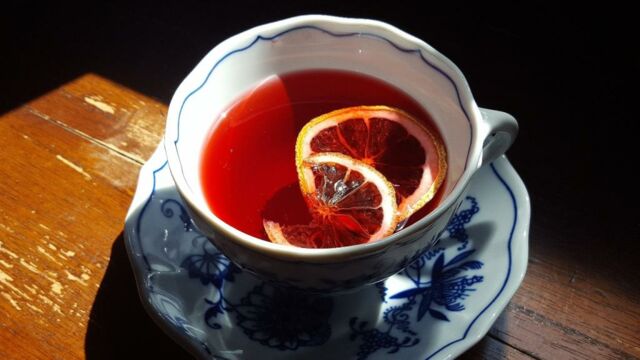Hibiscus is growing in popularity all over the world, and we're not surprised! The plant also known as Karkade or Guinea sorrel and it's normally consumed after its been dehydrated—just like tea leaves.
Discover our latest podcast
How to make the drink
To make this miracle drink, all you need to do is infuse some of the dried leaves in water. For starters, put the same quantity that you would usually use while making tea—around two teaspoons of dried hibiscus in one litre of water. If you enjoy the taste, then you can always increase the amount.
Hibiscus is a versatile ingredient and you can use it to make soothing drinks fit for the hot summer months or for the cold wintry nights. For a refreshing drink, infuse the plant in water, add a spritz of lemon, and dunk some ice cubes in. Turn it into the perfect winter beverage by adding the dried leaves into a pot of boiling tea.
Benefits of hibiscus
The reason why hibiscus is all the hype right now is because of its numerous benefits. It keeps the blood circulating and prevents inflammation which is particularly a problem during the summer months.
Furthermore, hibiscus tea helps with digestion since it acts as a mild laxative, so you can count on this ingredient to give your intestines a much-needed cleanse. It’s also rich in vitamin C which strengthens the body’s natural defences.
Last but not least, this drink has diuretic properties which helps support and restore damages in the kidney. Studies have also found that it limits the risks of urinary infections. Dr. David Brady, licensed naturopathic medical physician, explained:
Interestingly, the compounds found in hibiscus create an environment in the urinary tract that is not so friendly toward invaders. Therefore, hibiscus can help protect the urinary tract from infection, and support this system when it is under attack by microorganisms.















